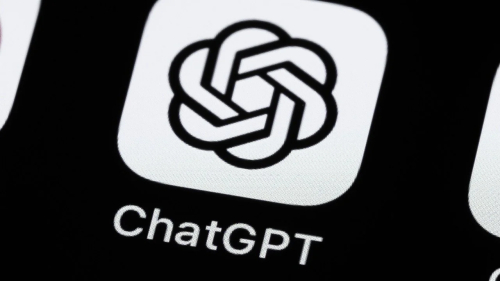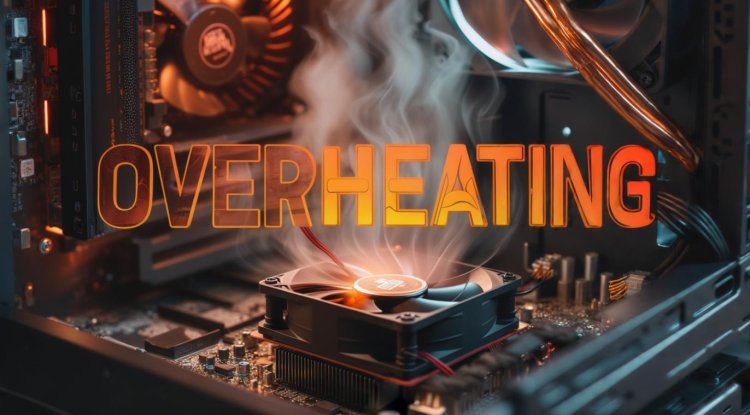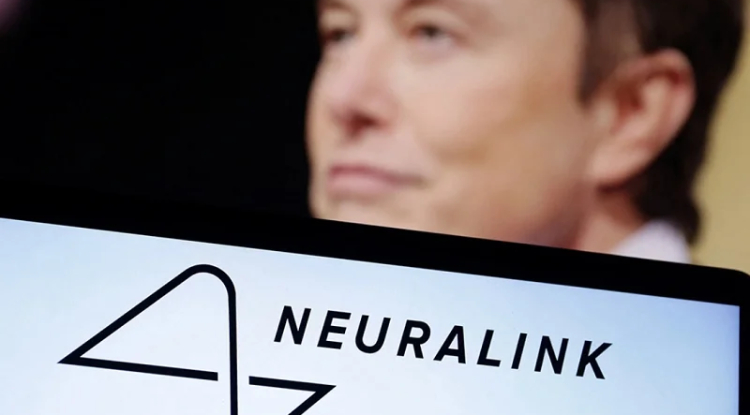Quantum processors with thousands of qubits to be mass-produced in Russia
Researchers from the Shukhov.Nano center have developed a revolutionary method for producing processors that allows for the control of materials at the level of fractions of an atom. The technology opens the way to the creation of quantum computers with thousands of qubits with precisely specified parameters.
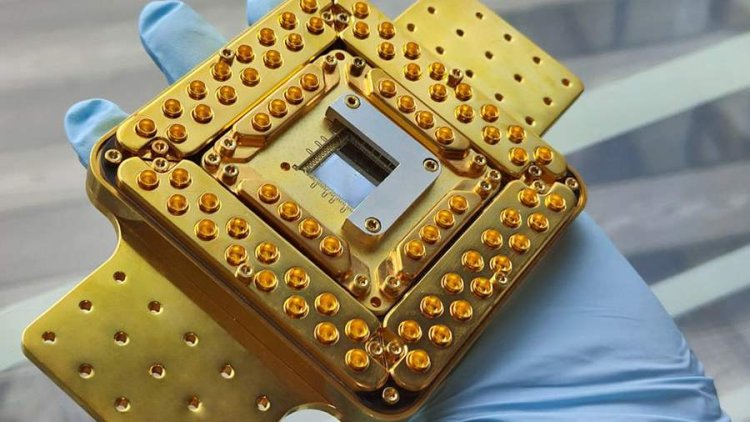
Researchers from the Shukhov.Nano center (a joint project of Bauman Moscow State Technical University and the All-Russian Scientific Research Institute of Atomic Energy named after N.L. Dukhov) have developed a unique technology for producing next-generation processors. Its key feature is the formation of logical elements with record accuracy of up to 0.2 angstroms (0.02 nanometers). This is 5 times smaller than a hydrogen atom and an order of magnitude better than similar products from Intel (18 Å), Samsung (12 Å) and TSMC (20 Å).
The essence of the technology is the point impact of helium or neon ions on the atomic layers of metals and dielectrics. This allows changing the thickness of the dielectric layer with jewelry precision (±0.2 Å) without damaging adjacent structures. The process is fully automated and takes only a second per logical element.
The development was named iDEA (Ion beam-induced DEfects Activation). Unlike laser annealing or electron processing, it provides unprecedented precision and allows working with nanometer structures without damage.
"Previously, only nature could create identical atoms - this was beyond the limits of available technologies. We could produce at least 100 qubits at the level of a semiconductor factory, but even the slightest variation in size of ±5 nm or the thickness of the tunnel barrier of a fraction of a nanometer on the chip leads to unacceptable errors for some qubits."
Ilya Rodionov, head of the Quantum Park cluster
The main application of the technology is the creation of quantum processors with thousands of qubits on a superconducting platform. This will accelerate the emergence of hybrid supercomputers capable of solving problems in the fields of energy, artificial intelligence and fundamental science.
The results of the study were published in Science Advances, one of the world's leading scientific journals. The technology is already protected by a Russian patent, and its international patenting is in the process.
Share
What's Your Reaction?
 Like
0
Like
0
 Dislike
0
Dislike
0
 Love
0
Love
0
 Funny
0
Funny
0
 Angry
0
Angry
0
 Sad
0
Sad
0
 Wow
0
Wow
0
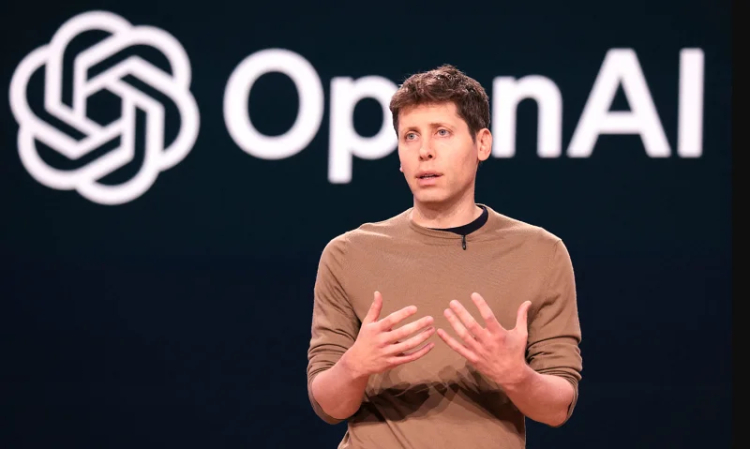
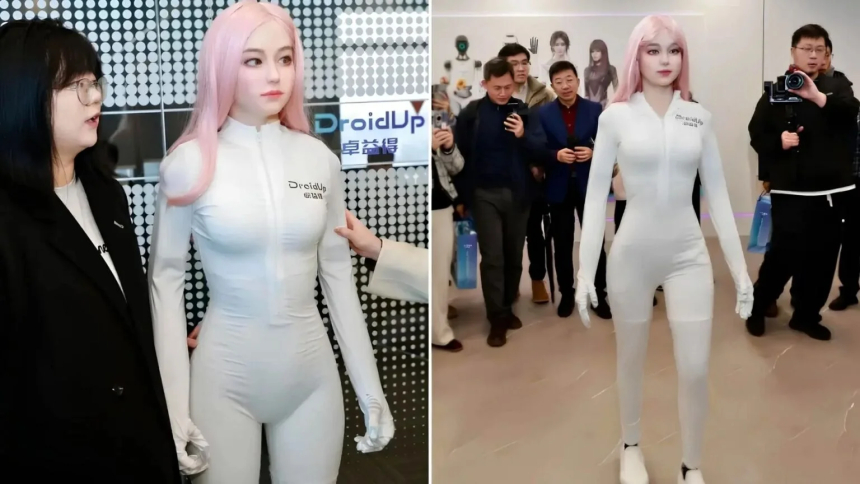
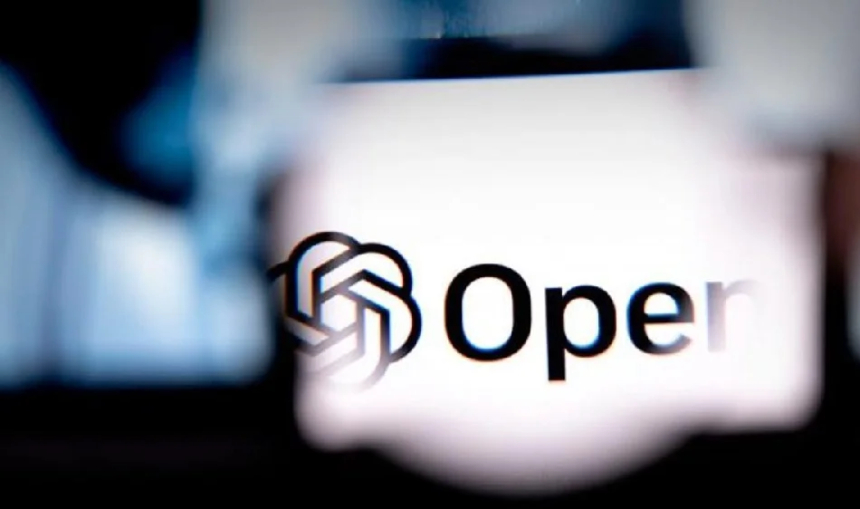


![Transfer/ Postings Senior Superintendent Police Hyderabad [Notifications]](https://pakweb.pro/uploads/images/202402/image_100x75_65d7bb0f85d5f.jpg)
![Amazing Text Animation Effect In CSS - [CODE]](https://pakweb.pro/uploads/images/202402/image_100x75_65d79dabc193a.jpg)



